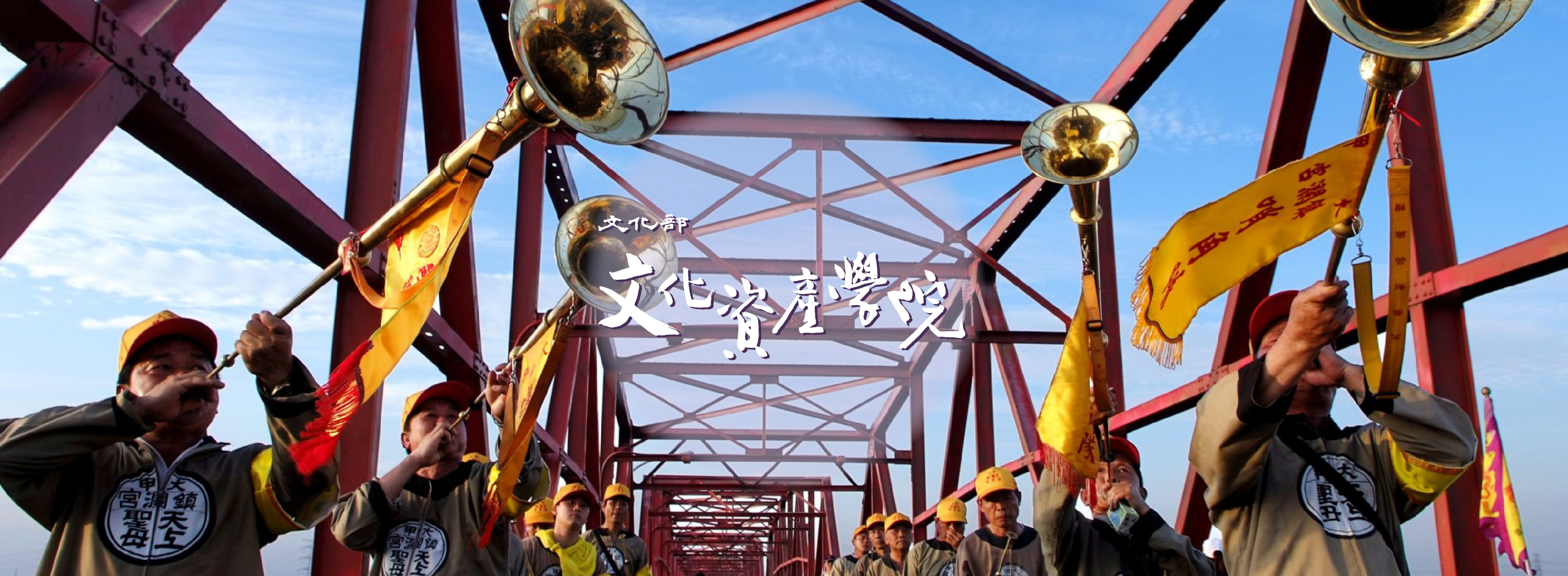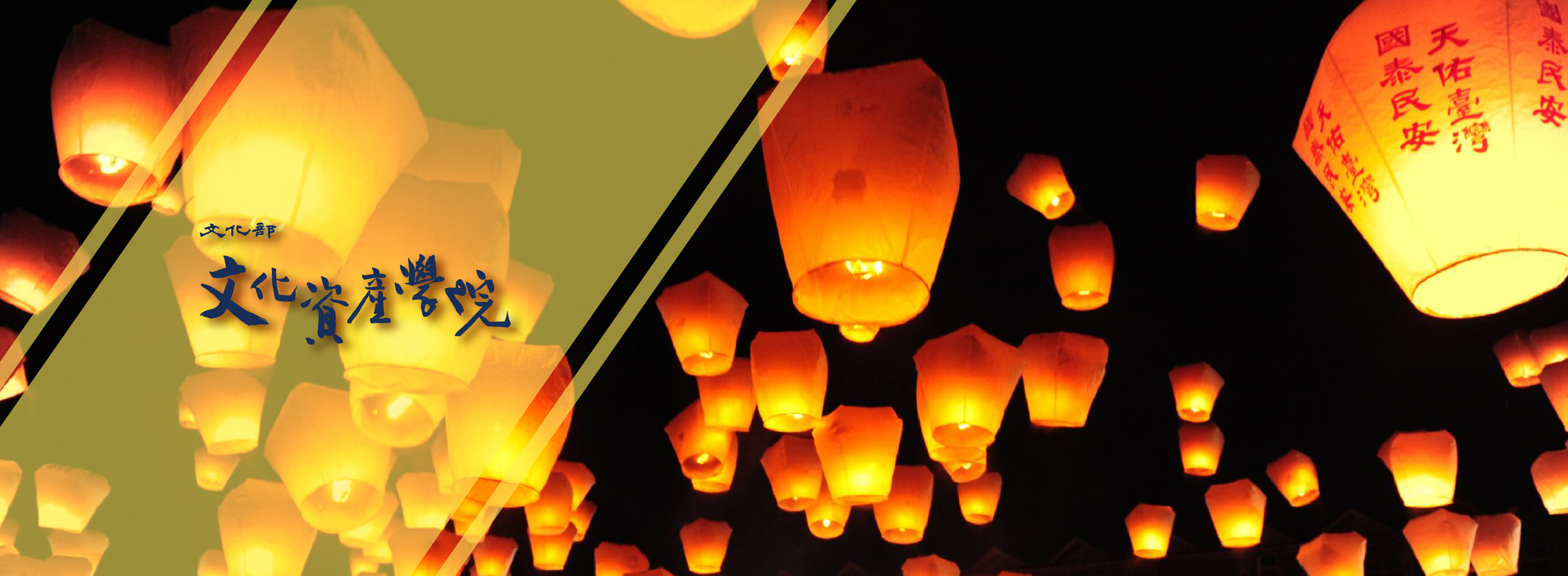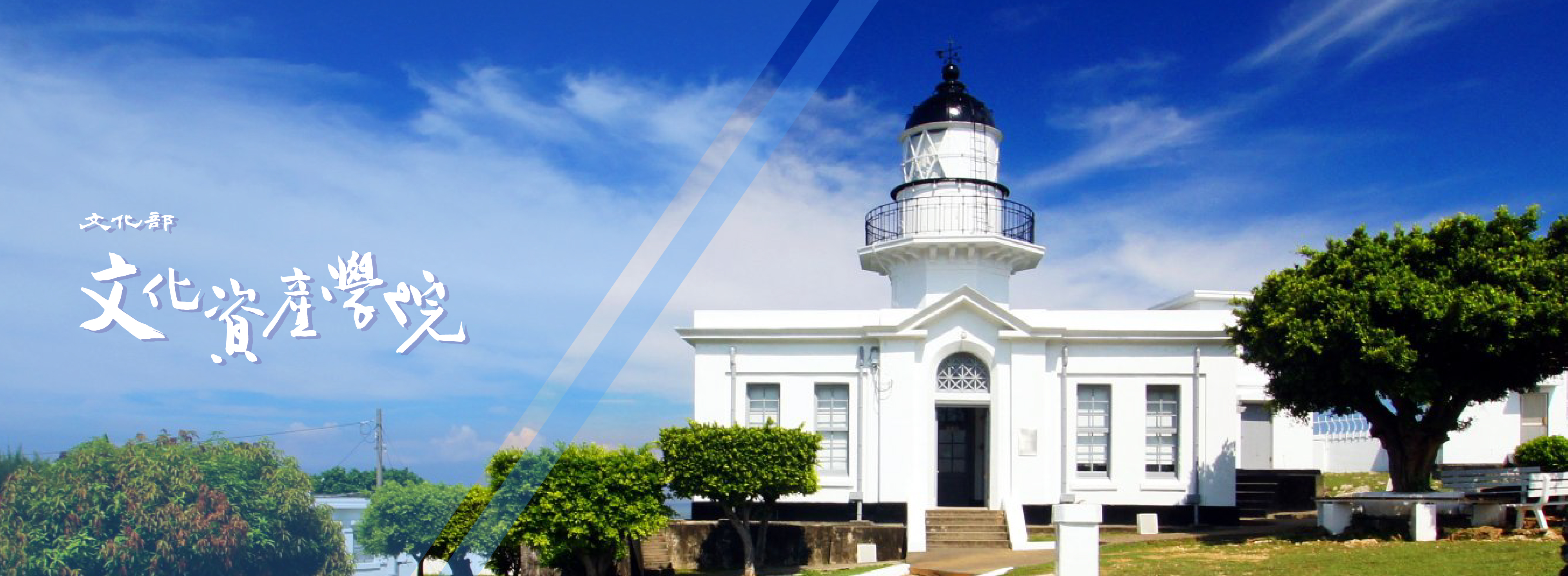In 2014, to make the value of cultural heritage widely and profoundly recognized around the country, the Ministry of Culture's Bureau of Cultural Heritage worked with universities and colleges to plan a culture program for training talent. The program emphasizes extensive and interdisciplinary education through a systematic approach. Thus, the College of Cultural Heritage was founded.
The College of Cultural Heritage aims for a systematic plan for education, training, and certification regarding cultural assets. The college's functions include teaching, industry-academic cooperation, research and development, and promotion, which coordinates the expertise of Taiwan's universities and colleges, and enables the college to be committed to training a workforce for cultural development. Additionally, the college works with the Ministry of Labor not only to develop curriculum for cultural workers' career development and orientation but also to combine teaching and certification, increasing career opportunities for Taiwan's cultural talent. Measures of accrediting professional skills, developing essential faculty skills, and promoting the value of education will help improve the administrative and skillful competence of Taiwan's cultural workforce and increase the efficiency of Taiwan's cultural services and techniques.
Currently, the College of Cultural Heritage is integrating the resources of government agencies, academic units, and private organizations and establishing cooperation among the industry, government, academy, research institutions, and public to systematically develop a comprehensive mechanism for talent training via methods of formal and informal education, training, and certification. The purpose of the college is to enhance the cultural heritage–related knowledge of administrative staff working in such fields in the central and local governments, create a training and certification mechanism for professional employees in the field of cultural heritage (planner and designer, principal construction supervisor, construction site manager, traditional craftspeople, etc.), and provide access to the information and knowledge regarding the field of cultural heritage to the general public, thereby cultivating such knowledge and skills within the nation and increasing the soft power of Taiwanese culture.
Goals and Vision
The vision of the Bureau of Cultural Heritage is to become a nation training center that cultivates first rated cultural workforce, to strengthen the nation's ability to manage cultural assets, and to improve the quality cultural human resources. With an eye to functioning superbly, the bureau intends to create a learning environment of the best quality that is “professional, diverse, accredited, and international.” In addition, it works with universities and colleges to coordinate a training program for cultural workers, making use of these workers' academic expertise.
In order to develop excellent skills for cultural workers and improve their vocational capacities, the Bureau of Cultural Heritage aims to promote a strategic partnership between industry, government, academia, research institutes, and the public by establishing a cooperation system, which enables the cultural workers to put their education to use and thus strengthens their international competitiveness. The bureau's training program is innovative and adapts to the needs of social transformation. In addition, it increases the applications of cultural heritage and creates a mechanism for assessing professional skills. This mechanism encourages the industry, government, academia, research institutes, and the public to develop their preservation and repair techniques so that Taiwan's cultural heritage can be better preserved.
The College of Cultural Heritage's current services focus on providing relevant cultural heritage education, giving the public opportunities to learn about cultural heritage, and improving their appreciation of internationally recognized values, such as authentication, prevalence, and completeness, by offering relevant classes. The hope is that the public's recognition of the preservation, sustainable development, and reuse of Taiwan's precious cultural heritage will increase.






